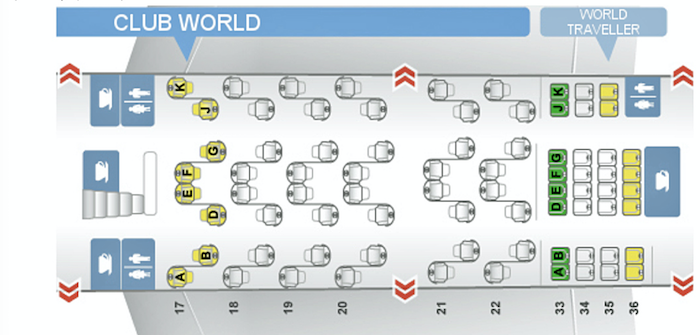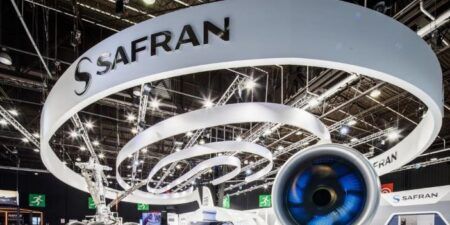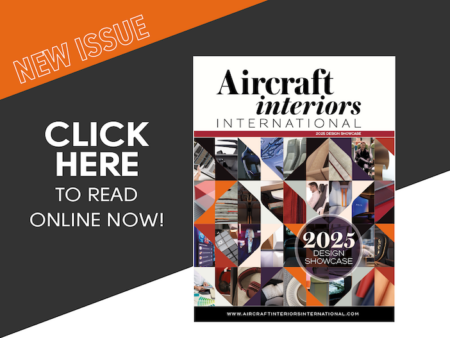April 4, 2017 – Next-generation technology to transform passenger comfort through ‘intelligent airline seating’ is being launched by FliteTrak at Aircraft Interiors Expo. The ViatorAero system is underpinned by remote condition-monitoring technology (using wireless sensors below rows of seats), which enables crew to observe individual seats for temperature, movement and seatbelt closure using tablets or mobile devices. The system also has the capacity for locking overhead bins – during take-off, landing and turbulence – for safety as well as cabin environment monitoring. Data captured during flights is also logged for later analysis and can provide useful information to help improve maintenance turnaround times on major components.
Trevor Lea, joint managing director of FliteTrak, said, “The future of air travel must be based on enhancing the passenger experience through sensible application of technology. Our ViatorAero passenger comfort system has the power to make intelligent seating a reality for enhanced safety, comfort and inflight enjoyment of passengers. It can also revolutionize the role of the flight attendant by assisting them to provide enhanced customer service whilst also monitoring passengers of concern.
ViatorAero is based on iBlox technology, which uses small sensors to monitor any function on an asset – including trains, boats and aircraft – such as temperature, air pressure and engine performance. Data is beamed from the sensors to tablet, desktop or mobile device for use in an app showing individual cabin seats.
For example, the system can be used to highlights to flight attendants which passengers have not fastened their seatbelts open, which saves the time of visual checks; movement sensors enable crew to monitor passengers who are unwell, in need of assistance, agitated or disruptive; passenger movement during flights can be analyzed after the flight; and logs of broken equipment such as trays, seatbelts and screens can be recorded and the data handed to maintenance crews for rapid correction.
All data is treated in confidence and is not connected with individual passenger names, although airlines may request a bespoke system to predict personal passenger preferences.





